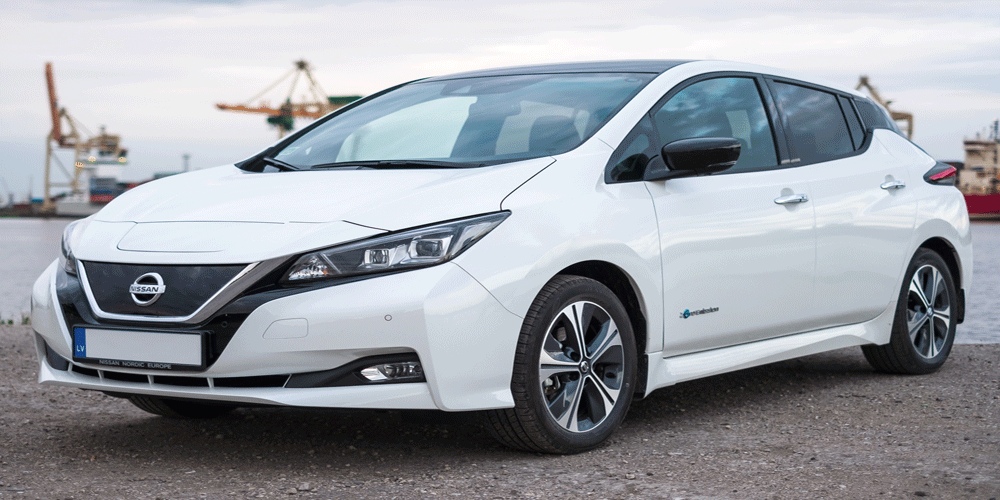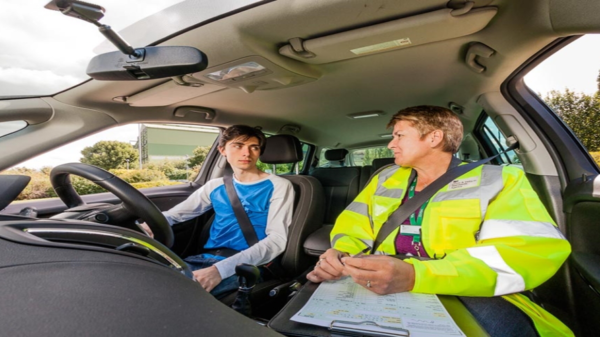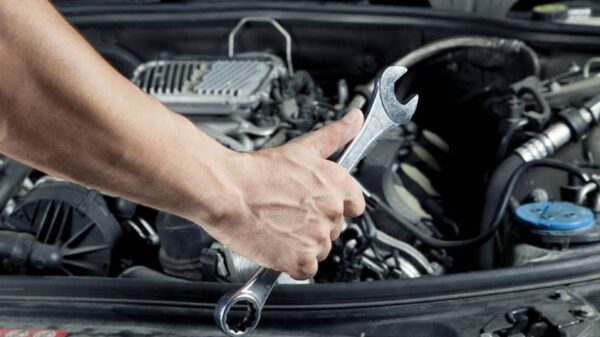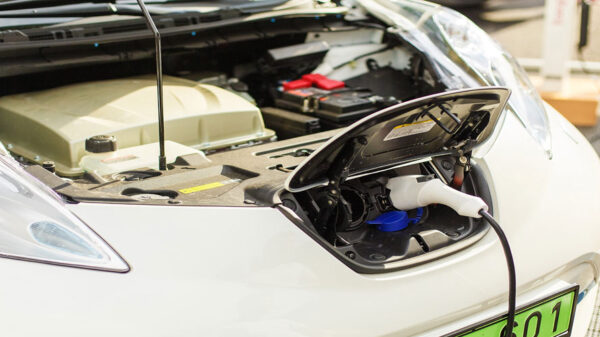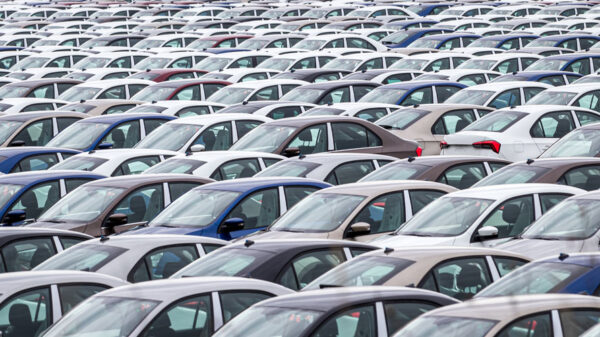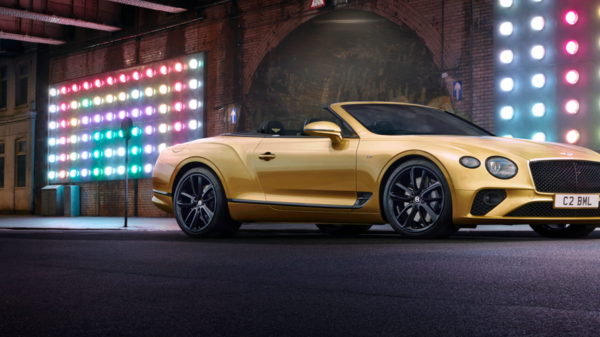Nissan is set to announce that it will build two new electric models at its UK car production plant in Sunderland in a major boost for Britain’s motor industry. The Japanese car manufacturer will confirm on Friday its plans to make electric vehicles (EV) to succeed the popular Qashqai and Juke – both of which are currently assembled at the North East factory – after months of talks with the Government.
The decision will protect thousands of jobs, boost the local economy in Sunderland – and confound the Brexit naysayers.
Sources close to the Government told Sky News that Prime Minister Rishi Sunak and Chancellor Jeremy Hunt had helped get the deal over the line.
It is understood Nissan will invest hundreds of millions into the venture to begin with, but this could rise to over £1billion if it proves successful. This will be aided by financial support from the British government, sources close to the deal have claimed.
Friday’s expected announcement will be seen as a sign of the car maker’s long-term commitment to Sunderland and a boon for post-Brexit manufacturing in the UK.
After the 2016 vote to leave the European Union, many Remainers said Britain’s car industry would be hit hard and never recover.
However, Nissan has been one of the UK’s long-standing car builders at the forefront of investing in manufacturing in Britain. In 2021, it unveiled its plans for a huge battery-production gigafactory, which is currently under construction at a site next to its vehicle assembly plant in Sunderland, which opened back in 1986.
The gigafactory is being setup in partnership with Nissan’s battery supplier AESC – owned by China’s Envision – at a total cost of an estimated £1billion.
Nissan, which already uses AESC batteries in the electric Leaf built in Sunderland, has previously pledged it will make a number of new EVs at the UK plant using this supply of locally-produced battery cells.
Friday’s announcement will confirm the significant expansion – with the deal including a pledge for the North East car factory to build ‘next-generation’ electric crossovers.
Bosses have already said that the gigafactory – once completed and on stream in 2025 – will churn out around 100,000 EV batteries per year.
The gigafactory’s supply will also help Nissan avoid costly post-Brexit ‘rule of origin’ trade tariffs expected to be introduced from 1 January, which the trade body has warned could push the cost of EVs higher by thousands of pounds.
Under the rule of origin rules, tariffs of 10 per cent will be imposed on exports of electric cars between the UK and EU from 2025 if at least 45 per cent of their value does not originate domestically. With batteries making up the biggest total cost of EVs. other UK car makers simply won’t be able to adhere to the tariff’s rules to avoid the 10 per cent hike.
The Society of Motor Manufacturers and Traders has forecast this will push the price of European-made EVs in Britain by £3,400 on average – while UK-built models sold on the continent will be £3,600 pricier as a result of the tariffs.
Nissan’s statement should also remove any lingering doubts over the future of the plant, which is the biggest single production site in the UK with 238,328 vehicles coming off its assembly lines last year.
The site employs around 6,000 workers but is also linked to thousands of additional jobs in the local supply chain.


